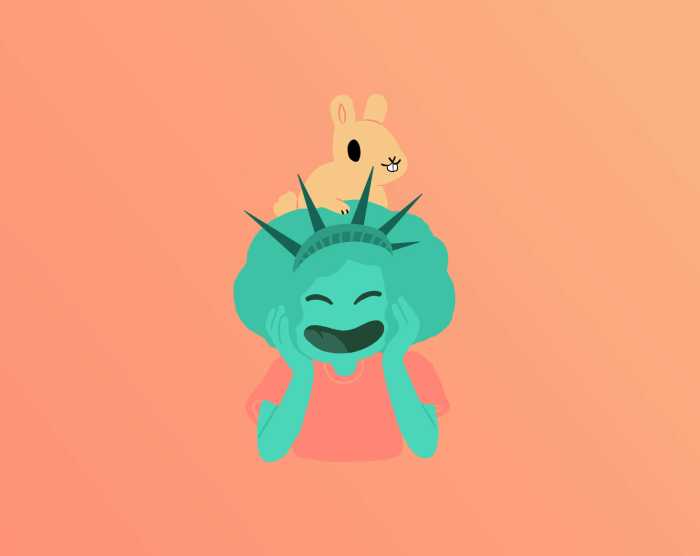
Acne Medication & Skin Cancer: What Parents of Teens Need to Know
With the summer fast approaching, now is the time to focus on the importance of skin protection. With many teens on medication or antibiotics for acne, it is imperative to become aware of the impact these medications can have on UV Rays. It may surprise you that some of these medications actually cause a heightened reaction to UV rays beaming from the sun due to ingredients that cause photosensitivity.
Without proper sun protection, teens on acne medications such as benzoyl peroxide, topical retinoids, antibiotics, and Roaccutane could be subject to serious burns, and in severe cases, skin cancer.
Dr Neel Patel, GP at LloydsPharmacy Online Doctor, is warning parents of teens using acne medication to be vigilant about skin protection. “I’m particularly concerned teenagers could be affected,” he said. “Acne is very common in young people, with about 95% of people aged 11 to 30 affected by the condition at some point. Acne is most common in girls between the ages of 14 and 17 and boys aged 16 to 19. Therefore, many in these age brackets may have been prescribed these treatments.”
Dr. Patel explains how some prescription acne medications make the skin more sensitive to sunlight, stating, “Many of these medications prescribed to treat acne make your skin more sensitive to ultraviolet (UV) light from the sun and artificial sources like tanning beds. Known technically as photosensitivity, this means sun exposure can cause painful damage to your skin and increase your risk of developing skin cancer. Even if you don’t typically burn, your chances of burning become much higher. And the effects can be far more severe than traditional sunburn, leading to blistering and peeling, itchy rashes, scaly bumps, and changes in pigmentation.”
Psssst..Check out: The Viral Labubu Doll: Why This Trend Is Taking Over TikTok & Wallets
Acne Medication and Protecting Your Skin
Using protection like sunscreen is important, regardless of any medications you are – or aren’t – on. However, anyone using these medications should take extra precautions. Patients taking acne medications should stay away from tanning beds, as they are a source of UV light and can damage the skin. Below you will find a list of commonly used acne treatments, along with Dr. Patel’s recommended advice for sun protection if you are taking that medication.
Benzoyl peroxide: Often one of the first treatments recommended for mild to moderate acne, benzoyl peroxide comes in the form of a gel or face wash and works as an antiseptic to reduce bacteria on your skin. You may see it referred to by its brand name, Acnecide. When using acne treatments containing benzoyl peroxide, you should aim to avoid strong sunlight and use an oil-free sunscreen with SPF30 or above. It’s worth noting that benzoyl peroxide is not just found in prescription treatments. A plethora of over-the-counter skin care products contain benzoyl peroxide, so check the ingredients.
Topical retinoids: Available as creams or gels, topical retinoids work by removing dead skin cells on the surface of the skin. This prevents them from building up within hair follicles. It’s important to avoid excessive exposure to sunlight and UV when using topical retinoids, or medications that contain retinoids like Epiduo and Ziana. Also, try to apply these treatments sparingly.
Antibiotic tablets: Usually prescribed in addition to a topical treatment, oral antibiotics like tetracycline, doxycycline, or erythromycin can kill acne-causing bacteria, which can make your skin sensitive to sunlight and UV light.
Isotretinoin: Isotretinoin, or Roaccutane as it’s more widely known, comes in capsule form and must be prescribed and supervised by a specialist doctor. It can be effective at treating severe acne. Isotretinoin makes your skin more fragile and may increase your skin’s sensitivity to light. You should avoid sunbeds completely and should stay out of the sun as much as possible. Even on cloudy days, you should wear a high factor sunscreen of SPF15 or above when you go outside.
Acne Medication and Applying Sunscreen
Dr. Patel advises patients taking these medications to wear broad-spectrum sunscreen daily (if they are going to be outside at all). If they are concerned about sunscreen causing additional breakouts, choose one that’s labeled oil-free and non-comedogenic or non-acnegenic.
When applying sunscreen, be generous! It is not as effective when applied too thinly or not evenly. Additionally, always read your sunscreen’s instructions to ensure proper use.
Dr Patel states, “You should reapply every 2 hours, or every 40 minutes when swimming or sweating excessively. Especially on the face, ensure you tap it in instead of spreading it.”
In addition to topical acne treatments, Dr.Patel urges users to apply their topical medications in the evening, and do so 20 minutes before ensure the treatment fully dries before sunscreen is applied.
At the end of the day, as parents, we want to protect our children from anything potentially harmful. Acne can be painful and lead to scarring, so Dr. Patel does not suggest eliminating acne medications but rather educating on the topic to ensure safety across the board. By following these tips, you can save yourself or your teen from painful skin burns and even possible skin cancer. A safe summer is a fun summer!
Pssstt… Check Out: Where And When To Go Strawberry Picking Near Staten Island







